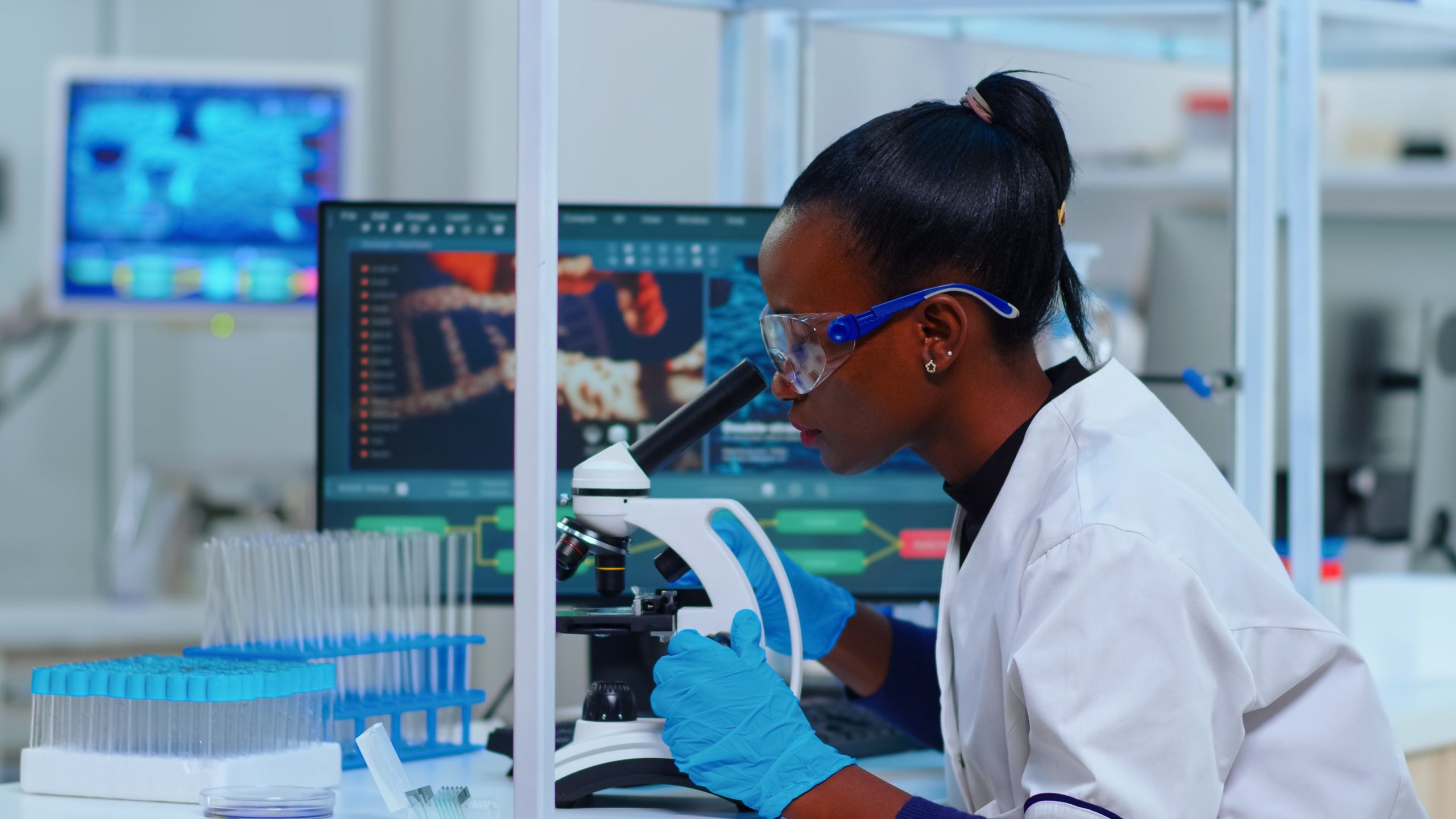Antibiotics are one of the cornerstones of modern healthcare. An antibiotic is any substance which kills bacteria or stops it from growing. Ever since Sir Alexander Fleming discovered penicillin in 1928, antibiotic use has increased steadily. The effect has been dramatic. Few inventions can claim to have improved public health as much as antibiotics. It is estimated that at least 200 million lives have been saved by penicillin alone, without taking into account the countless other antibiotics that have been introduced since.
However, there is a downside to all of this. As antibiotic use grows, especially in the developing world, so too does resistance to antibiotic drugs (often called antimicrobial resistance.) Over-prescription of antibiotics could lead to widespread antimicrobial resistance, leaving the world vulnerable to devastating “superbugs” and transforming fairly mild infections in life-threatening conditions. There is still time to avert this crisis but we need to act fast. Let’s take a look at the extent of the problem, and then examine what can be done.
A looming crisis
The potentially disastrous effects of antimicrobial resistance in the UK came to light in 2013 when chief medical officer Dame Sally Davies called for the prospect of an outbreak of antibiotic-resistance disease to be added the the government’s national risk register of civil emergencies. She warned of an “apocalyptic scenario where people going for simple operations in 20 years’ time die of routine infections because we have run out of antibiotics”. A government-commissioned report the following year was similarly bleak, predicting that antimicrobial resistance could lead to millions of deaths worldwide by 2050.
Since then things have only got worse. It is estimated that antimicrobial resistance now kills 700,000 people a year worldwide. Last month, an international study showed that global antibiotic use has increased by 65% worldwide between 2000 and 2015. This sharp increase came almost entirely from developing nations, making them especially vulnerable to the effects of antimicrobial resistance. Elli Klein, one of the authors of the study from the Center for Disease Economics and Policy in Washington DC explains the findings:
“We saw a dramatic increase in antibiotic use globally and this is mostly from gains in low and middle income countries where economic growth means they have greater access to the drugs. While it’s generally a positive that there’s better access to effective antibiotics in these countries, there’s the potential for serious problems down the road from overuse. We know there’s a lot of inappropriate use in high income countries, and many of these lower income countries do not have the same controls in place.”
However, developed countries are not blameless in this either. A recent study by Public Health England found that at least 20% of antibiotics prescribed by GPs are inappropriate. Over-prescription of antibiotics was found to be especially common for conditions such as coughs and sore throats. 59% of patients visiting a GP with a sore throat were prescribed antibiotics, even though they are only necessary in around 13% of cases.
What can be done?
The UK government has set itself the target of halving unnecessary antibiotic prescriptions by 2020. In October 2017, Public Health England launched the Keep Antibiotics Working campaign which aimed “to reduce inappropriate prescriptions for antibiotics by raising awareness of the issue of antibiotic resistance and reducing demand from the public.”
Although raising awareness is important, campaigns like this can only do so much. Antibiotic prescriptions are usually handed out by GPs who believe that it is the best course of treatment, and many would take exception to the idea that they are contributing to a public health crisis by doing so. As Professor Helen Stokes-Lampard, chair of the Royal College of GPs said:
“If GPs do prescribe antibiotics, it is because, in their expert opinion, they are the most appropriate treatment available, given the unique circumstances of the patients before us.”
Putting pressure on developing countries to reduce their antibiotic use is also problematic. Poorer countries have waited years to have access to antibiotics and, now that they finally do have access, it seems unfair to expect them to limit their use, especially when the developing world has been using them so freely for such a long time.
Rather than reducing antibiotic use, the answer may be to focus on preventing the conditions for which they are often prescribed. The biggest health crisis facing the developing world is a lack of clean drinking water, and this issue is inextricably linked to the issue of antibiotic resistance. 844 million people worldwide still lack access to clean water and 40% of healthcare facilities in developing nations also lack a safe water supply. These conditions lead to widespread cases of cholera and diarrhoea which are then treated with antibiotics.
Basic improvements to water supplies could drastically reduce incidences of these infections. Margaret Batty from Water Aid points out that improving sanitation in countries such as India, Brazil and Indonesia could cut antibiotic use as a treatment for diarrhoea by 60%. Writing for The Guardian, she argues that improving water supplies and sanitation practices is the key to stopping antimicrobial resistance:
“World decision-makers must acknowledge the pivotal role that water, sanitation and hygiene play in preventing infection and reducing the spread of resistant pathogens, before the next global health crisis hits. Investment in all three elements of water, sanitation and hygiene must be prioritised, and coordinated with other efforts to address the rise of antimicrobial resistance, globally, nationally and locally.”
The role of ‘clean meat’
In the developed world, one of the major causes of antibiotic resistance is the large amount of antibiotics given to animals that are being reared for meat. According to the FDA, 80% of antibiotics used in the USA are fed to farm animals rather than people. As animals become resistant to antibiotics, antibiotic-resistant bacteria are spread through manure and through the meat that we consume. The solution to this may lie in so called “clean meat”, which we covered in depth a few months ago. By growing meat in a lab using the cells of the desired animal, the meat industry could eliminate the need for antibiotics entirely. Matt Ball from The Good Food Institute believes that switching to clean meat is our best option:
“Though not taking antibiotics for a sore throat can help extend the usefulness of current antibiotics, changing the way we produce meat is much more important. Moving quickly to plant-based and clean meat is the best thing we can do to avoid pandemics of antibiotic-resistant superbugs.”
Supporting the gamechangers
Fighting the effects of antimicrobial resistance will be one of the biggest health challenges facing our society in years to come. If your company is working on an innovative solution to this problem you should consider applying for an Innovate UK grant. The organisation has teamed up with the Department of Health and Social Care to offer funding for joint projects between UK and Chinese companies that aim to “address the growing threat of antimicrobial resistance.” Up to £750,000 of funding is available for collaborative projects aimed primarily at addressing “the needs of people in low and middle income countries”.
Innovate UK grants are awarded on a competitive basis so your application will have to stand out from the crowd. That’s where we can help. Our experts can guide you through the application process, giving you the best possible chance of success.
Get in touch today and let’s get to work!






